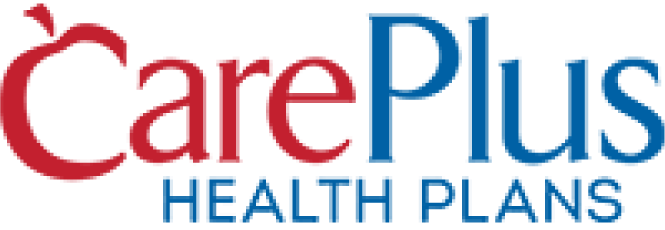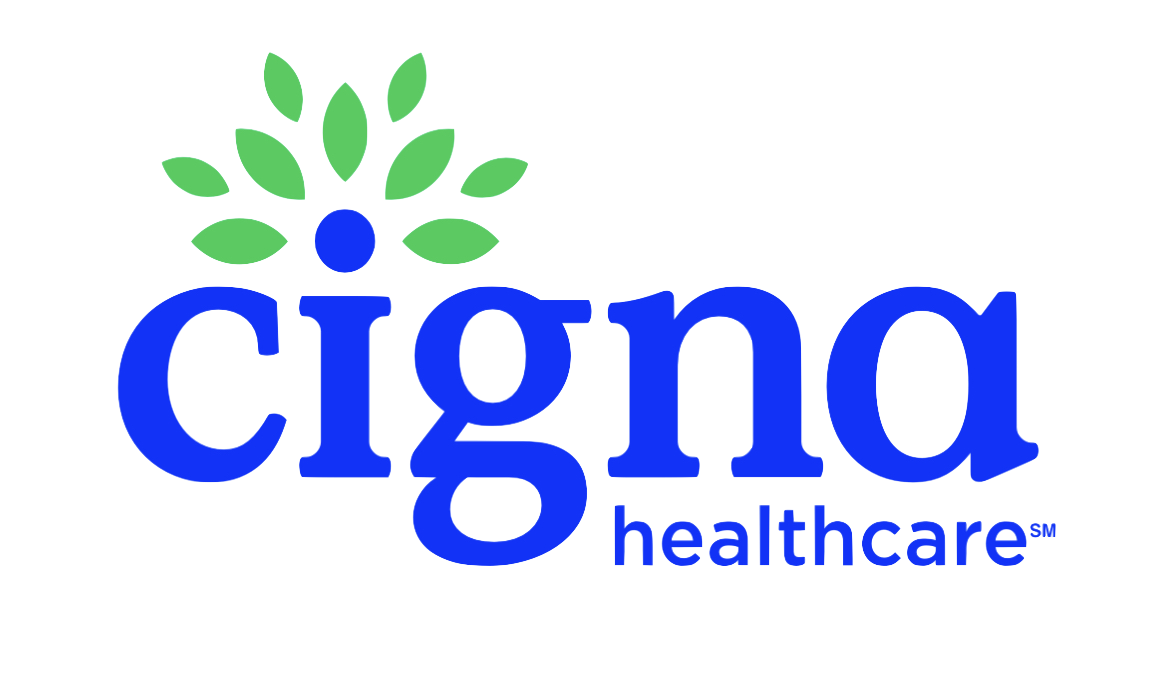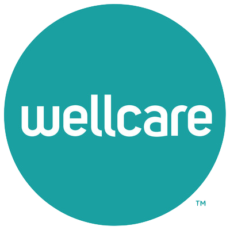About Us
Selective Quality Health Advisors
We specialize in Medicare, Individual, and Small Business health insurance as well as life, disability, dental, vision, and supplemental insurance.
Plans
Medicare
Individual Health Insurance
Affordable Care Act
Group Health Insurance
Short Term Medical
Ancillary
What We do
We analyze the current market and work closely with you to ensure your doctors, prescription medications, and preferred hospitals are covered.
Get a agent's consultation if you have any questions
We make the suggestions you need to find the plan that is the right fit for you.
Safe & Effective
Your health and that of your loved ones matter to us.
Get to Know Our Amazing Team
Answers to more questions about:
Medicare is health insurance for people 65 years or older, certain people under 65 with disabilities, and people of any age with End-Stage Renal Disease (ESRD). Your first chance to get Medicare usually starts 3 months before you turn 65 and ends 3 months after you turn 65.
You can only enroll in Medicare at certain times, and the cost can go up the longer you wait to sign up. Getting Medicare late can mean lifetime premium penalties and delays in when your coverage can start.
Deciding to enroll in Part B is an important decision. It depends on the type of coverage you have now, and whether you can sign up later (without a penalty). Not all other health coverage is the same as Part B.
Learn how to get started with Medicare if you have a disability or if you have ESRD.
All plans offered in the Marketplace cover these 10 essential health benefits:
- Ambulatory patient services (outpatient care you get without being admitted to a hospital)
Emergency services - Hospitalization (like surgery and overnight stays)
- Pregnancy, maternity, and newborn care (both before and after birth)
- Mental health and substance use disorder services, including behavioral health treatment (this includes counseling and psychotherapy)
- Prescription drugs
- Rehabilitative and habilitative services and devices (services and devices to help people with injuries, disabilities, or chronic conditions gain or recover mental and physical skills)
- Laboratory services
- Preventive and wellness services and chronic disease management
- Pediatric services, including oral and vision care (but adult dental and vision coverage aren’t essential health benefits)
When you apply for coverage in the Health Insurance Marketplace®, you’ll find out if you qualify for a “premium tax credit” that lowers your premium — the amount you pay each month to your insurance provider. The amount of your premium tax credit depends on the estimated household income for 2020 that you put on your Marketplace application.
You can apply some or all of this tax credit to your monthly insurance premium payment. The Marketplace will send your tax credit directly to your insurance company, so you’ll pay less each month. This is called taking an “advance payment of the premium tax credit.”
Original Medicare includes Part A and Part B. You can use any doctor or hospital that takes Medicare, anywhere in the U.S. If you want drug coverage, you can join a separate Medicare Prescription Drug Plan (Part D). To help pay your out-of-pocket costs in Original Medicare (such as, your 20% coinsurance), you can also shop for and buy supplemental coverage like a Medicare Supplement Insurance (Medigap) policy. If you don’t get Part D or a Medigap policy when you’re first eligible, you may have to pay more to get this coverage later. For Part D, this could mean a lifetime premium penalty.
Medicare Advantage is an “all in one” alternative to Original Medicare. These “bundled” plans include Part A, Part B, and usually Part D. Most plans offer extra benefits that Original Medicare doesn’t cover – like vision, hearing, dental, and more. Plans may have lower out-of-pocket costs than Original Medicare. In most cases, you’ll need to use doctors who are in the plan’s network.
All Marketplace plans must cover treatment for pre-existing medical conditions.
- No insurance plan can reject you, charge you more, or refuse to pay for essential health benefits for any condition you had before your coverage started.
- Once you’re enrolled, the plan can’t deny you coverage or raise your rates based only on your health.
- Medicaid and the Children’s Health Insurance Program (CHIP) also can’t refuse to cover you or charge you more because of your pre-existing condition.
Pregnancy is also covered from the day your plan starts
- If you’re pregnant when you apply, an insurance plan can’t reject you or charge you more because of your pregnancy.
- Once you’re enrolled, your pregnancy and childbirth are covered from the day your plan starts.
- If you have a 2020 health plan & give birth or adopt after you enrolled:
- Your child’s birth or adoption qualifies you for a Special Enrollment Period. This means you can enroll in or change plans outside the annual Open Enrollment Period.
- Your coverage can start from the date of birth or adoption, even if you enroll up to 60 days afterward.
- If you have a 2020 health plan & give birth or adopt after you enrolled:
If your income changes, or if you add or lose members of your household, your premium tax credit will probably change too. It’s very important to report income and household changes to the Marketplace as soon as possible.
- If your income goes up or you lose a member of your household, you’ll probably qualify for a lower premium tax credit. You may want to reduce the amount of tax credit you take in advance each month. This way you don’t wind up taking more credits than you qualify for.
- If your income goes down or you gain a household member, you’ll probably qualify for a bigger premium tax credit. You may want to increase the amount of tax credit you take in advance so you have a lower premium bill each month.
IMPORTANT
If at the end of the year you’ve taken more advance payments of the premium tax credit than you’re eligible for, you may have to pay money back when you file your federal income tax return. This is called “reconciling” the advance payments of the premium tax credit and the actual premium tax credit you qualify for based on your final 2020 income.
















